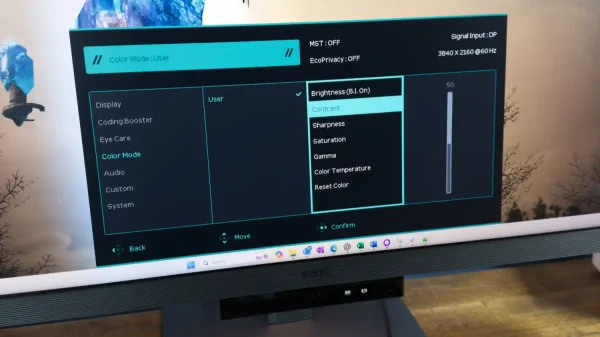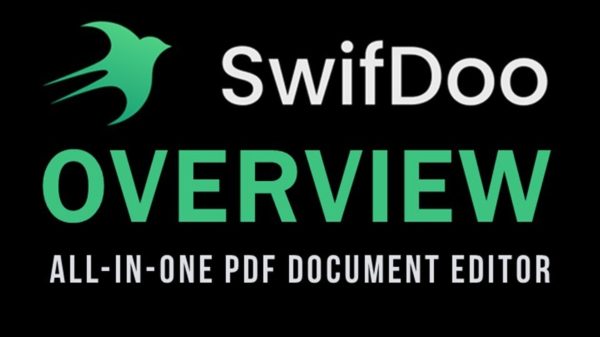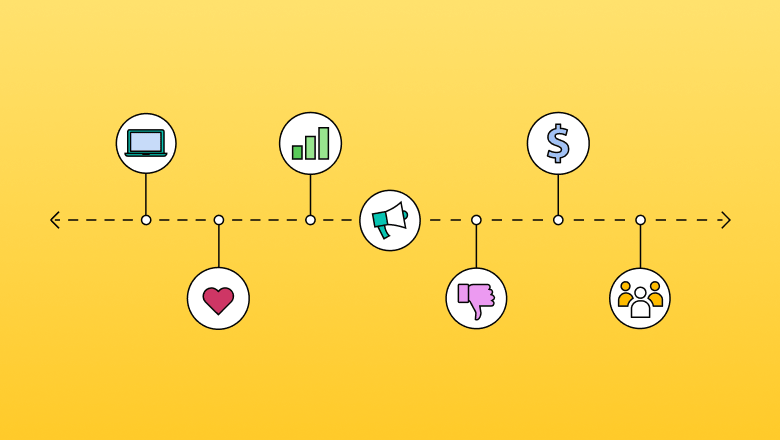Over the past three years, social media and social commerce have revolutionized marketing, akin to digital’s impact on media over the past three decades. Traditional marketing funnels are no longer effective as younger generations, from Gen Z to millennials, display distinct purchasing behaviors influenced heavily by social platforms.
The influence of influencers and creators has surged, prompting the growth of talent-driven influencer agencies like Captiv8 and community-focused firms such as Buttermilk, which emphasize building vibrant communities around shared interests.
The industry has bifurcated into two main types of influencer agencies: those driven by talent and creativity, and those integrating advanced technology for data-driven insights and commerce capabilities.
Companies like Captiv8 and Influential exemplify the latter, leveraging technology to manage and measure influencer campaigns at scale, appealing to agency holding companies like Publicis seeking to enhance their influencer marketing expertise.

Social Media and Influencers: Shaping the Future of Marketing
Investor interest in influencer companies is robust, with a focus on firms that offer both services and technology platforms. This trend underscores a shift towards data-driven solutions and innovative technologies like AI, which are increasingly integrated into influencer marketing strategies.
Agencies such as IZEA and Jellysmack are at the forefront of this convergence, developing tools like AI-driven avatar creation and content generation to enhance influencer campaigns.
As the market matures, agencies are consolidating their offerings to provide comprehensive influencer marketing solutions that blend strategic creativity with technological innovation. This approach is crucial for meeting the evolving demands of brands seeking cohesive and effective influencer strategies.
Companies like Billion Dollar Boy are expanding their capabilities to encompass both talent management and tech-driven solutions, catering to brands looking for integrated marketing services under one roof.
The landscape is also shaped by shifting media consumption patterns, notably the rise of mobile-centric TV viewing among younger demographics. This trend underscores the importance of redefining audience measurement and engagement strategies in a digital-first era.
Agencies must adapt by not only mastering influencer marketing dynamics but also by understanding the broader digital ecosystem to deliver impactful campaigns that resonate across various platforms and demographics.
The future of marketing lies in the seamless integration of creative expertise with cutting-edge technology, where influencer agencies play a pivotal role in driving brand engagement and consumer loyalty in a rapidly evolving digital marketplace.








































